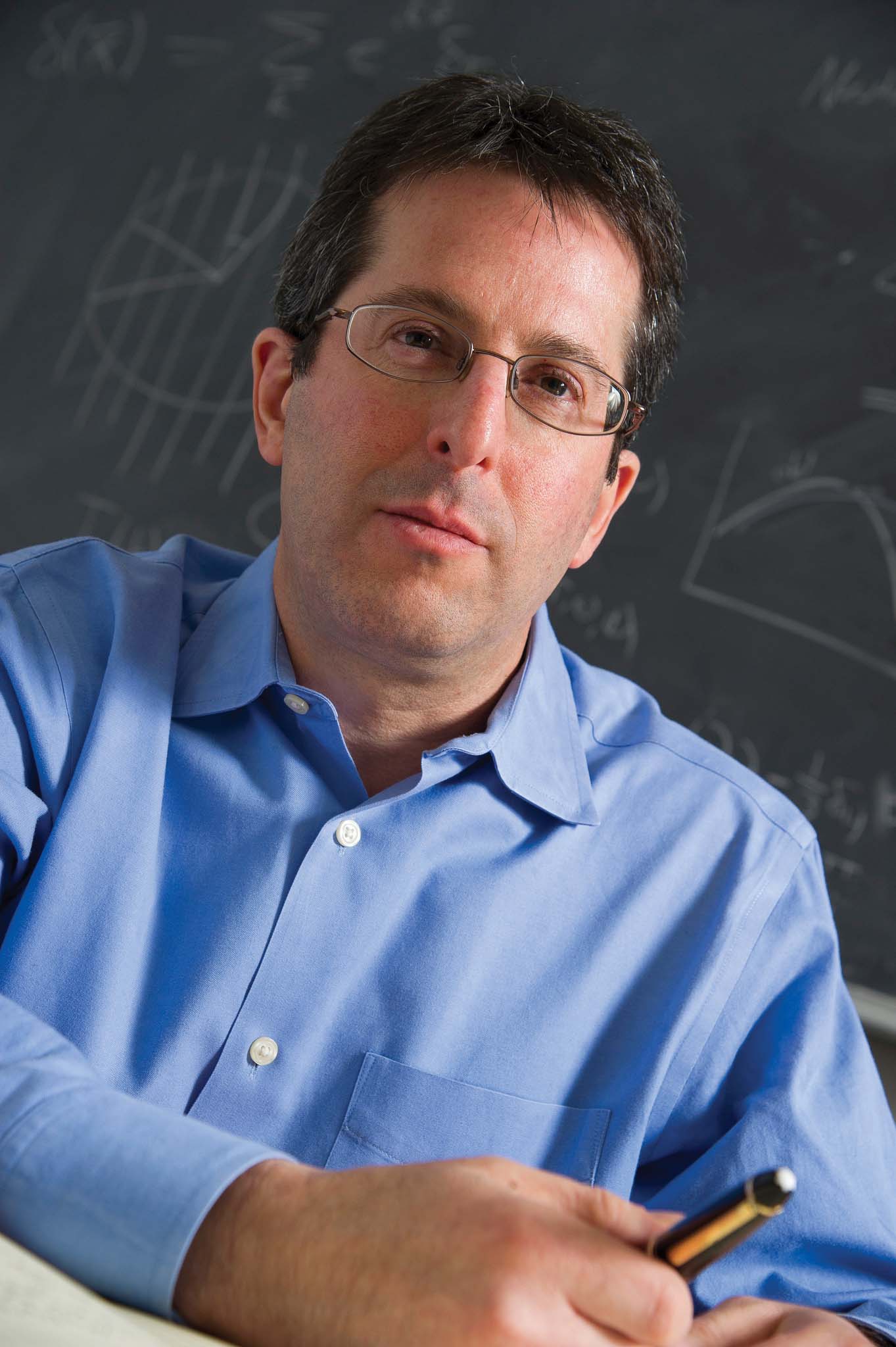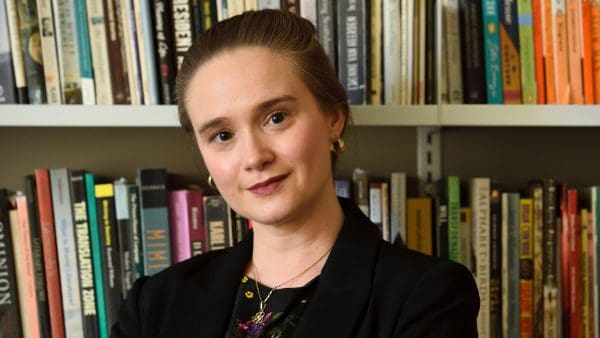
The grant will also be used to support a postdoctoral program for young scientists in theoretical research as well as to create a visitors program to bring notable scientists in the field to the university to collaborate with researchers.
The project will be led by Marc Kamionkowski (pictured), a professor of cosmology and particle physics in the Department of Physics and Astronomy. Co-leaders on the project are Alex Szalay, the Alumni Centennial Professor, and Joseph Silk, the Homewood Professor.
The Templeton grant, which is for three years, will fund six postdoctoral scientists at the university. The first year of the grant will support three current Johns Hopkins cosmology postdocs. A search has been initiated to recruit three new postdocs to join the program in fall 2014.
Kamionkowski said that the program will not only support young researchers but allow them the opportunity to work on a project with distinguished senior faculty at Johns Hopkins and with visitors.
“Scientists do work collaboratively,” he said. “There’s this impression that we all lock ourselves away while we’re solving some big problem. In reality, we’re sort of like jazz musicians, each playing off of each other. This grant will facilitate this type of interaction for a number of scientists.”
Of particular interest to the researchers is inflation. Current measurements suggest that the Big Bang began with inflation, or a period of very rapid expansion, that provided the initial conditions for the evolution of the universe and for the growth of stars, galaxies, and clusters of galaxies within it. The scientists will try to understand the new physics responsible for inflation, what set inflation in motion, and what, if anything, happened before inflation.
The John Templeton Foundation supports research on subjects ranging from complexity, evolution, and infinity to creativity, forgiveness, love, and free will. The organization encourages civil, informed dialogue among scientists, philosophers, and theologians and between such experts and the public at large, for the purposes of definitional clarity and new insights.
“The Templeton Foundation is interested in addressing the big questions and I think everyone would agree the beginning of the universe is a big question,” Kamionkowski said.




